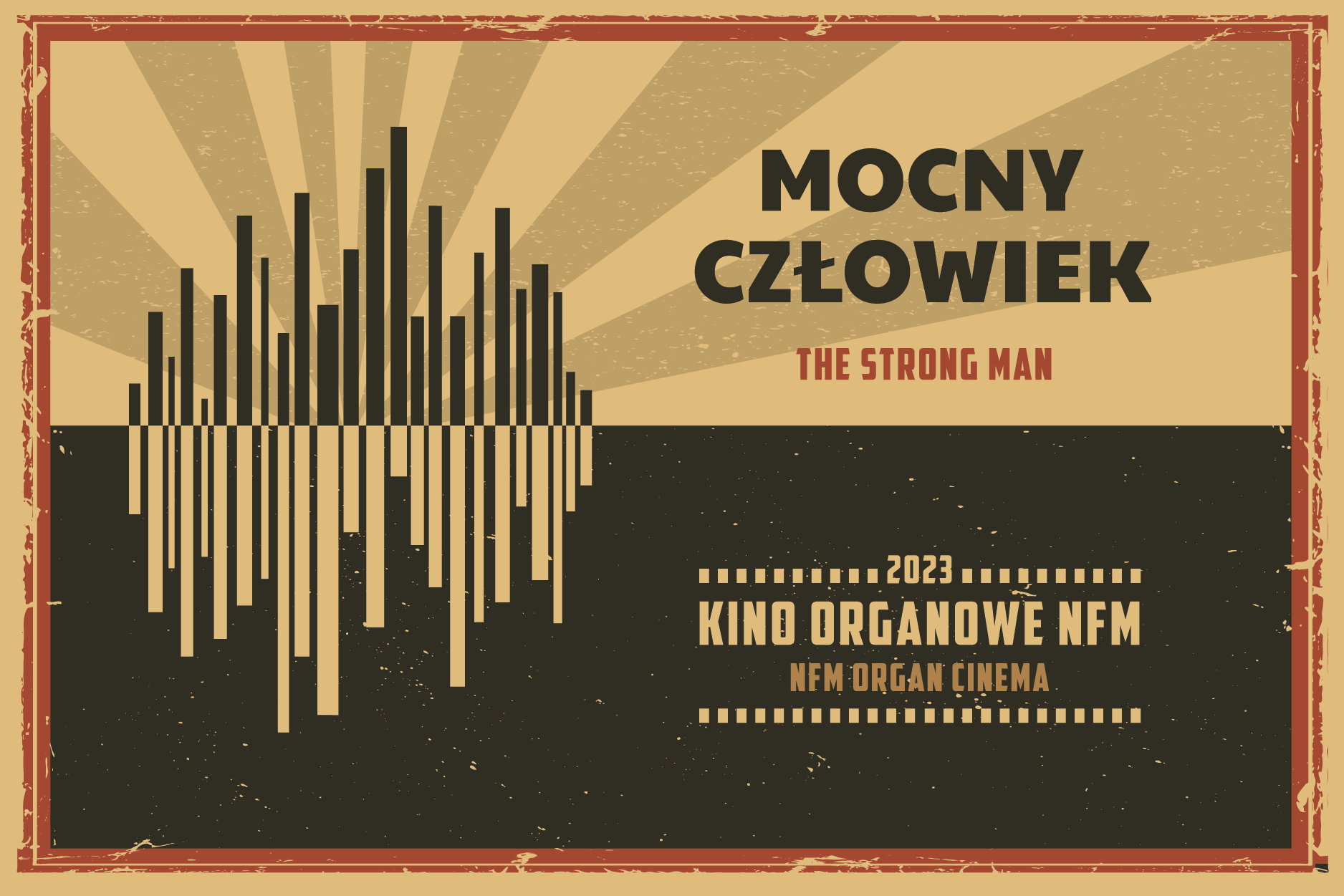Polish cinema of the 1920s, dominated by patriotic themes, especially in the anti-Bolshevik version, and hard-to-digest melodramas, needed technical skills and universal themes that could attract the attention of foreign viewers. At the end of the decade, director Henryk Szaro tried to create a film that would have a chance to make international audiences interested. His psychological drama The Strong Man, presented in 1929, is considered the best Polish silent film. It will be the first Polish film shown in the NFM Organ Cinema series.
Unfulfilled artist Henryk Bielecki dreams of money and fame. In order to get them, he decides to cause the death of a writer friend, steal the last manuscript he completed and publish it under his own name. When the crime leads him to Warsaw salons, under the influence of his love for a woman, he begins to see the wickedness of his previous conduct.
Henryk Szaro, one of the most talented Polish directors of the interwar period, was inspired by the aesthetics of German Expressionism when making The Strong Man. The measure of his ambition was the international team of filmmakers he engaged in the production. From Germany, Szaro brought in the main actor, the famous Russian Grigori Chmara, a former student of Konstanty Stanislavski. The experienced Italian Giovanni Vitrotti, who was responsible for the cinematography, helped the team to produce the special effects and the innovative form of the work.
Despite the efforts made, The Strong Man did not trigger an international sensation, and the first Polish film prepared “for export” was also one of the last silent films made in our country. However, it is thanks to attempts at foreign distribution that The Strong Man has survived to our times – all Polish copies of the film were destroyed during the Second World War, and we can only see the work today thanks to a reel found in 1997 in the Royal Film Archive in Brussels. The screening at the National Forum of Music will be accompanied by organ improvisations by Martin Gregorius, associate professor at the Hochschule für katholische Kirchenmusik und Musikpädagogik in Regensburg.

